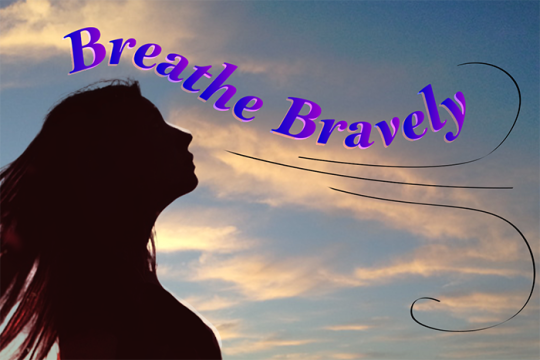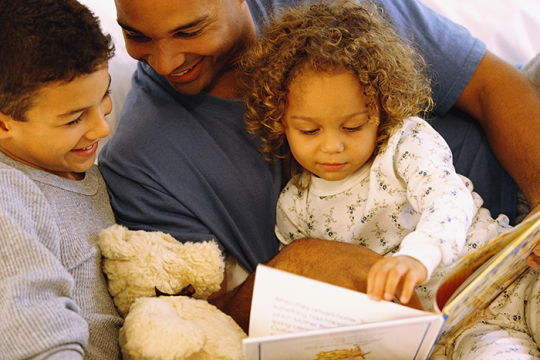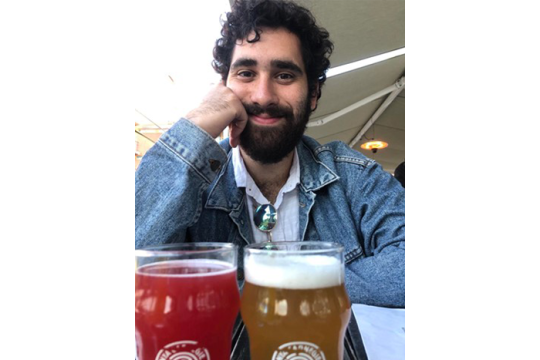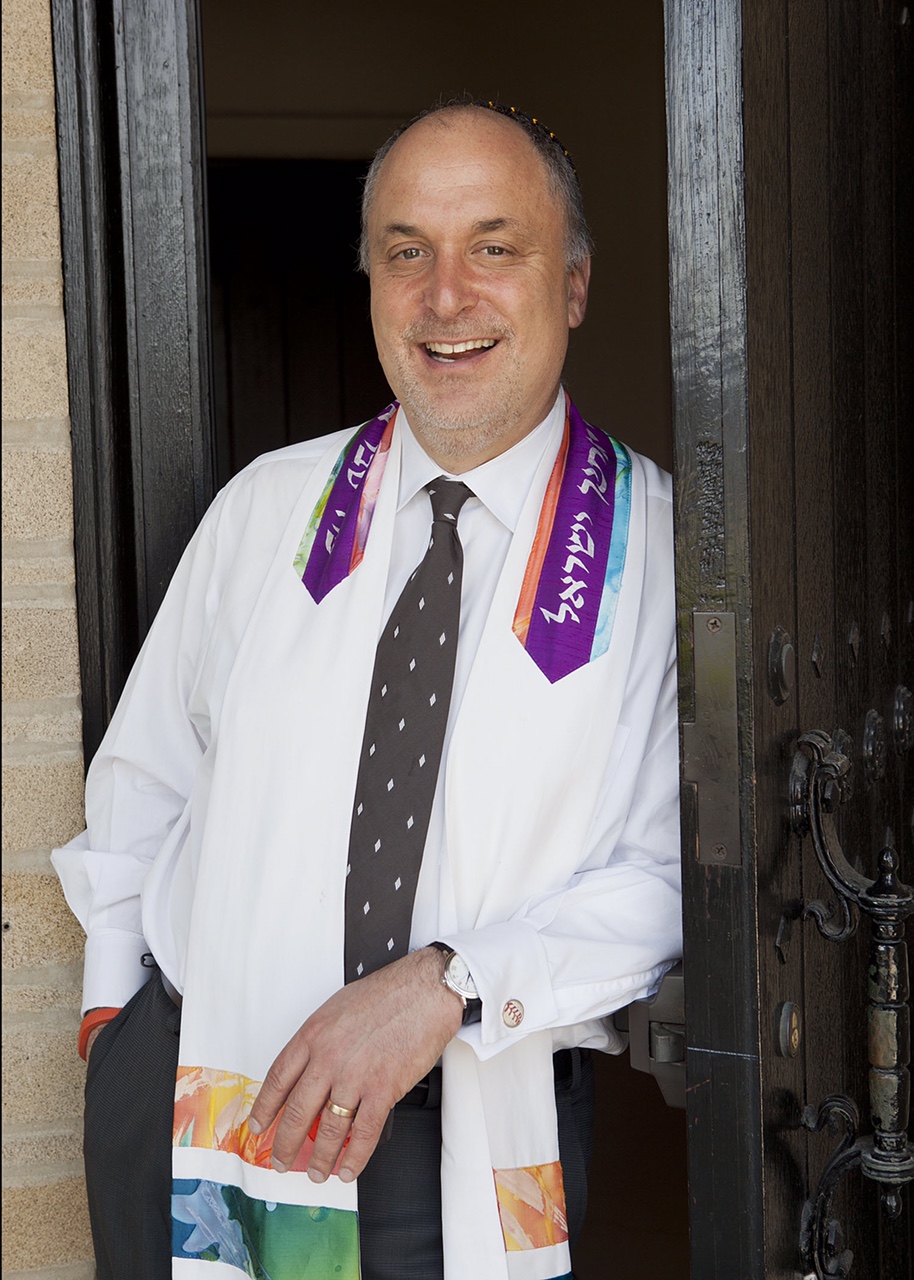
Another Groundhog Day is here. It seems to me as though we often revisit the same stories and keep reliving the same patterns in our life over and over again – and it’s time to climb out of our hole in hopes of seeing our shadow. I’ve always loved Groundhog Day, the 1993 movie starring Bill Murray as a sarcastic television weatherman forced to relive one day of his life, Feb. 2, over and over and over again.
The movie is a curious favorite of faith communities and the subject of many sermons and lessons. My friend and colleague Rabbi Niles Goldstein once wrote for the New York Times:
“Mr. Murray's character is rewarded by being returned to earth to perform more mitzvahs – good deeds – rather than gaining a place in heaven. The movie teaches us, as Judaism does, that the work doesn't end until the world has been perfected.''
We are, in our own ways, still trying to perfect our world. Years ago, when looking for someone to speak at an event at my congregation, I picked up the phone and invited actor Harold Ramis, who wrote, produced, and directed Groundhog Day. He gladly accepted, and from that moment on, we remained in contact until his death in 2014.
When I arrived in Glencoe, IL, 15 years ago, I often saw Ramis at Starbucks, on the basketball court watching our kids, or having lunch at Country Kitchen. We spoke about religion, Judaism, and even the behavior of kids during b’nai mitzvah ceremonies. The last time he spoke at my synagogue was for our community’s Thanksgiving service in November of 2006. He began:
“On the great balance sheet, on my permanent record, in the heavenly Book of Life, I know I will be counted among the lucky. And you need only watch a little bit of CNN to know just how lucky most of us are.”
While Harold Ramis achieved great success, he always knew and acknowledged just how lucky he was. In a moment that I will never forget, Harold took his Thanksgiving speech in an entirely different direction – much to the congregation’s delight:
"When Rabbi Lowenstein asked me to speak here tonight, I wondered what I could say to you that you couldn’t read in six or eight badly rhymed lines on a Hallmark card. And I decided that rather than elaborate on the things I’m already grateful for, I would try to articulate some of the things that I’d like to be grateful for – maybe not this year, or the next, but sometime soon. So here’s my random list in no particular order.
"I’d like to be grateful for an end to global warming and the destruction of the physical environment—for a scientific and technological effort on the scale of the Manhattan Project or the Apollo Program that taps the best minds in the world for solutions, and then implements them with the full support and commitment of the world’s most powerful governments and corporations.
"I’d like to be grateful for a foreign policy driven not just by our strategic interests, but by a real commitment and adherence to the United Nation’s Declaration of Human Rights (you can read it on the UN web site if you don’t know what it is), for an end to the exploitation of children, the subjugation and abuse of women, to brutal ethnic cleansings, terroristic civil wars, and horrific genocides like Rwanda and Darfur.
"I’d like to be grateful for the eradication of AIDS and HIV, for a medical Marshall Plan that makes education, medication and treatment available to people all over the developing world.
"And closer to home, I’d like to be grateful for a comprehensive health care system that covers every man, woman and child in the United States regardless of income, employment or citizenship. I know Communism didn’t work, but I once got the flu in Sofia, Bulgaria, and a doctor made a house call for free and charged me 16 cents for medication. And no one asked my nationality. I guess I can dream. And I’d like to be grateful for a system of public education that provides for all children what my kids have in our incredible school district.
"And I’d like to be grateful for one more hit movie and for the Cubs winning the World Series.
"And I’d like to see all this in my lifetime so my children can enjoy this better world in theirs.
"And one last thing: I’d like to be grateful for a spirit of activism and personal responsibility that makes us all realize that positive change on a global scale starts with the things each and every one of us can do in our own families and communities. Today Glencoe, tomorrow the world. As the Buddhists say, we owe infinite gratitude to the past, infinite service to the present, and infinite responsibility to the future. Thank you, and may God, whatever you understand that to mean, bless you."
In our country and around our world, let’s hope, pray, and dream about all the things we would like to be grateful for, today and every day. I’ve kept Harold's words as a reminder and a challenge of what I hope we can still accomplish, both as individuals and as a community– and tomorrow, when you wake up, hopefully a new song will be playing from your clock radio.
Related Posts

Breathe Bravely

The Importance of Storytelling

